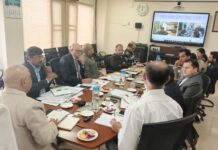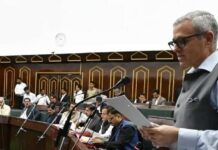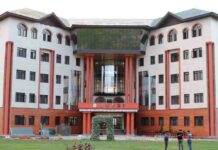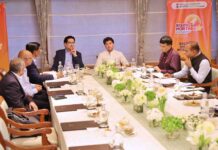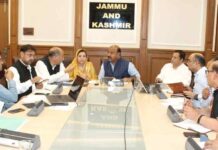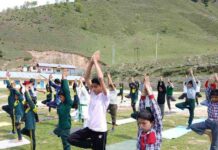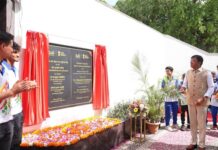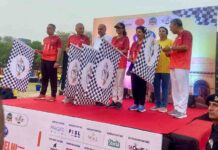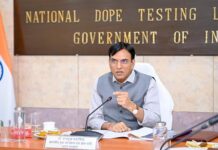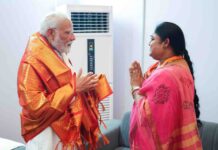MAY 07: In a major stride toward preserving and reviving India’s classical knowledge systems, the Central Council for Research in Ayurvedic Sciences (CCRAS), under the aegis of the Ministry of Ayush, has reintroduced two rare and significant Ayurvedic manuscripts—Dravyaratnākara Nighaṇṭu and Dravyanamākara Nighaṇṭu—to the scholarly and medical communities.
The manuscripts were unveiled at a special event hosted by the RRAP Central Ayurveda Research Institute (CARI), Mumbai, and attended by leading experts in Ayurveda, manuscriptology, and traditional Indian medicine. The highlight of the event was the keynote address delivered by Prof. Vd. Rabinarayan Acharya, Director General, CCRAS, who elaborated on the Council’s initiatives in research, digitisation, and revival of ancient texts.
These two critical editions were painstakingly edited, translated, and annotated by Dr. Sadanand D. Kamat, a well-respected scholar and veteran Ayurveda expert based in Mumbai. Dr. Kamat’s work ensures that these texts, once forgotten, can now be studied and understood by a new generation of researchers and practitioners.
Dravyaratnākara Nighaṇṭu, authored by Mudgala Paṇḍita in 1480 AD, comprises 18 detailed chapters. It provides a comprehensive account of drug synonyms, therapeutic actions, and medicinal properties. A key reference text in Maharashtra until the 19th century, it builds upon foundational Ayurvedic works such as Dhanvantari Nighaṇṭu and Raja Nighaṇṭu, while introducing new plant, mineral, and animal-derived substances.
Dravyanamākara Nighaṇṭu, attributed to Bhisma Vaidya, serves as a unique supplement to the Dhanvantari Nighaṇṭu, focusing solely on homonyms in drug and plant nomenclature—a challenging area for scholars. The text contains 182 verses, offering deep insights valuable to students of Rasashastra, Bhaishajya Kalpana, and classical Ayurvedic pharmacology.
Prof. Acharya emphasized that these texts are not relics of the past, but “living knowledge systems” that continue to hold relevance in modern integrative healthcare. Their revival, he said, exemplifies how traditional wisdom can be merged with scientific inquiry.
By restoring and publishing these manuscripts, CCRAS has reaffirmed its commitment to preserving India’s Ayurvedic heritage and advancing its role in contemporary medical research and education.




